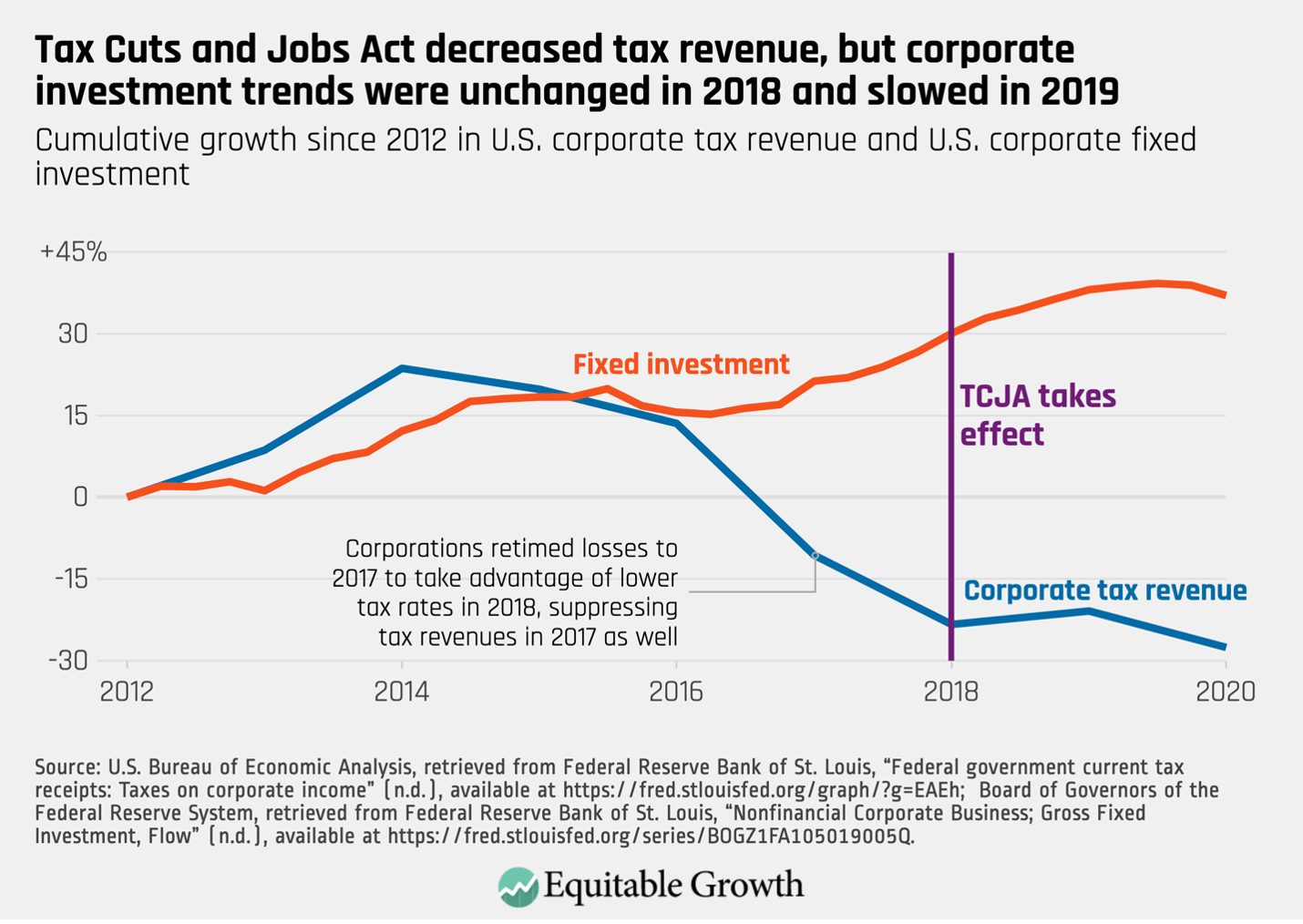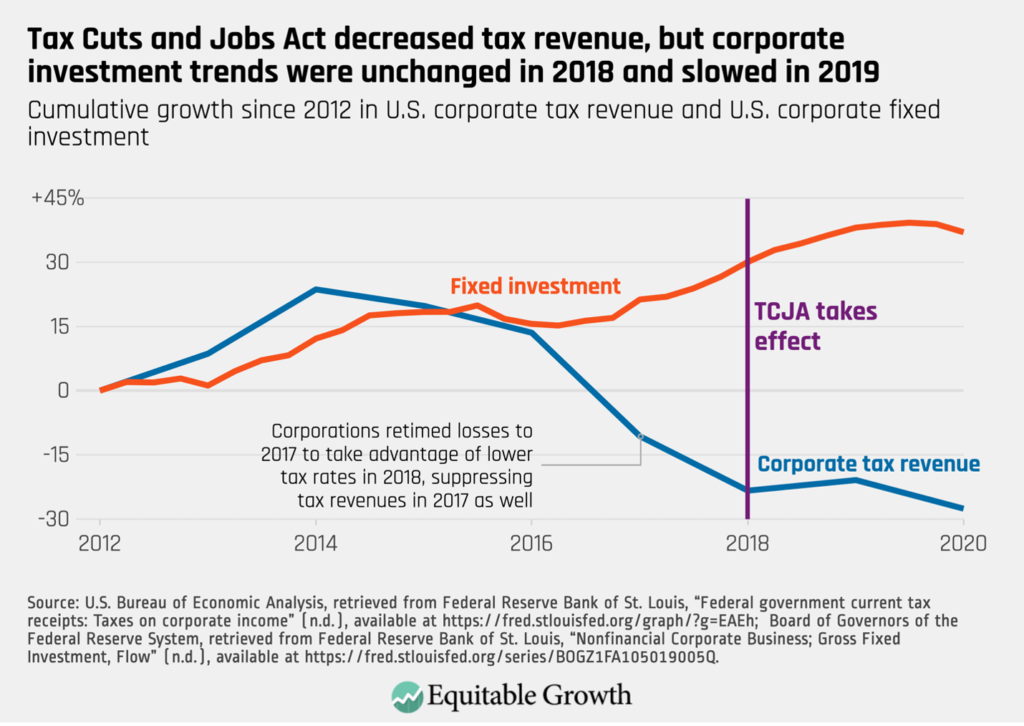Consider that changes in corporate tax rates can potentially shift billions of dollars in investment decisions, influencing everything from job creation to innovation capacity. When the United States cut its corporate tax rate from 35% to 21% in 2017, the aim was to stimulate economic growth and make American companies more competitive globally. Such a dramatic shift sparks debates about the long-term implications for the national economy.
Historically, high corporate taxes can lead businesses to invest less domestically and seek tax shelters abroad, impacting the U.S. economy’s overall health. For instance, lower corporate taxes in Ireland have attracted numerous U.S. companies to relocate or invest there, diverting potential economic benefits away from the U.S. Interestingly, a study by the Tax Foundation indicates that reducing corporate tax rates can increase real GDP by 3-4% over time. These nuances make corporate taxation a pivotal factor in economic strategizing.

The Role of Corporate Taxes in the U.S. Economy
Corporate taxes play a crucial role in the U.S. economy. They provide significant revenue for the federal government. This revenue is used for public services and infrastructure.
Taxes also influence business decisions. Companies consider tax rates when deciding where to locate their operations. A lower tax rate can attract more businesses to invest locally.
High taxes may discourage investment. Some businesses might choose to move to countries with lower tax rates. This can impact job creation and economic growth.
Corporate taxes affect more than just companies. They also affect workers and consumers. When taxes are high, businesses might increase prices or cut jobs to maintain their profits.
The Effect of Corporate Taxes on Investment Decisions
Corporate taxes can strongly impact a company’s decision to invest. Lower taxes may encourage businesses to expand and innovate. This, in turn, can create more jobs and boost the economy.
Impact on Domestic Investments
When corporate taxes are low, companies are more likely to invest within the country. This helps local economies grow and thrive. More investments mean better infrastructure and services.
However, high taxes often lead companies to hesitate. They may delay or reduce their investment plans. This can slow down economic growth and development.
Government incentives can also make a difference. Tax breaks and subsidies encourage companies to invest in specific sectors. For example, clean energy projects benefit from such incentives.
Influence on Foreign Investments
High corporate taxes can push companies to invest abroad. Countries with lower taxes become more attractive destinations. This can lead to outsourcing and loss of jobs domestically.
International tax competition also plays a role. Companies compare tax rates across different countries. They choose locations where they can maximize their profits.
Some companies set up complex structures to benefit from lower taxes. This can involve moving headquarters or profits to tax-friendly regions. Such practices can reduce the tax revenue for the U.S.
Role of Tax Policies in Shaping Investments
Government tax policies influence corporate decisions significantly. Predictable and stable tax policies attract long-term investments. Companies prefer environments where they know what to expect.
Sudden tax increases or changes can cause uncertainty. Businesses may hold back on investment plans. Predictability is key for sustained economic growth.
Public opinion and political pressure can also shape tax policies. Governments may adjust tax rates based on economic conditions. These adjustments aim to find a balance between revenue and growth.
The Impact of Corporate Tax Rates on Job Creation
Corporate tax rates significantly influence job creation. When taxes are low, companies have more money to hire new workers. This can lead to increased job opportunities within communities.
High taxes may have the opposite effect. Companies might cut jobs to save money. This can lead to higher unemployment rates and economic instability.
Government policies play a crucial role in balancing tax rates. Incentives for businesses to invest in job creation can drive economic growth. Tax credits for hiring can encourage businesses to bring in more employees.
Small businesses are particularly sensitive to tax rates. Lower taxes can help them expand and hire more workers. Conversely, high taxes might stifle their growth and limit job creation.
Corporate Taxes and Global Competitiveness
Corporate taxes significantly affect a country’s global competitiveness. Lower tax rates can make a nation more attractive for businesses. This can lead to increased foreign investment and economic growth.
Countries compete with each other by adjusting their tax rates. For example, Ireland has attracted many companies with its low corporate taxes. This has resulted in job creation and economic development.
High tax rates can push businesses to relocate. Companies might move their operations to countries with more favorable tax systems. This can lead to a loss of jobs and revenue for the home country.
Businesses also consider the stability of tax policies. Predictable and consistent tax rates create a favorable business climate. This encourages long-term investment and planning.
Governments use tax incentives to attract specific industries. For instance, technology and renewable energy sectors often receive favorable tax treatment. These incentives can drive innovation and growth in targeted areas.
However, tax competition can lead to a “race to the bottom.” Countries might continuously lower their tax rates to attract businesses. This can reduce government revenue needed for public services.
Corporate Taxes and Innovation
Corporate taxes can significantly affect a company’s ability to innovate. Higher taxes reduce the funds available for research and development. Companies may find it harder to invest in new technologies and innovative projects.
Governments often use tax incentives to encourage innovation. These incentives can include tax credits and deductions for research activities. They help reduce the financial burden on companies investing in new ideas.
Businesses in technology sectors benefit greatly from these incentives. Tech companies often rely on heavy investment in research and development. Tax breaks can make a big difference in their ability to innovate and compete globally.
Smaller firms might struggle without these incentives. Startups and small businesses typically have limited resources. Tax incentives can provide the necessary support to help them grow and innovate.
However, the effectiveness of tax incentives varies. Some argue that while incentives help big companies, smaller firms see little benefit. Ensuring fairness in the tax system is crucial to fostering broad-based innovation.
The Controversy over Corporate Tax Cuts
The debate over corporate tax cuts is highly contentious. Supporters argue that lower taxes stimulate economic growth. They believe businesses will invest more, leading to job creation and innovation.
Critics have a different view. They say that tax cuts primarily benefit the wealthy and large corporations. This can increase income inequality and reduce government revenue for public services.
Recent tax cuts, such as the 2017 Tax Cuts and Jobs Act, have added fuel to the debate. Proponents point to economic growth and low unemployment rates as proof of success. However, opponents argue that the benefits are not evenly distributed.
There’s also concern over the impact on the federal deficit. Lower corporate taxes can reduce government income. This may lead to increased borrowing and higher national debt.
Small businesses have mixed feelings about tax cuts. Some benefit from lower tax rates and increased cash flow. Others question whether the savings are enough to make a significant impact on their operations.
Finally, public opinion on this issue varies. While some citizens support tax cuts as a way to boost the economy, others worry about the long-term consequences. The debate shows no signs of slowing down anytime soon.
Trends in Corporate Taxation
Corporate taxation has seen significant changes over the years. Globalization affects how countries set their tax rates. Governments continuously adjust policies to stay competitive.
One notable trend is the reduction of corporate tax rates worldwide. Countries aim to attract more businesses by offering lower taxes. This strategy hopes to boost foreign investment and job creation.
The use of tax incentives is also on the rise. Many governments offer credits and deductions for specific activities. These incentives encourage investments in areas like technology and renewable energy.
Another emerging trend is digital taxation. With more businesses operating online, traditional tax systems are struggling to keep up. Countries are exploring ways to tax digital companies fairly.
Environmental taxes are gaining attention as well. Some governments impose taxes on carbon emissions and other pollutants. These taxes aim to promote sustainable business practices and reduce environmental impact.
Lastly, transparency in corporate taxation is improving. International efforts focus on preventing tax evasion and ensuring fair practices. This trend aims to create a level playing field for all businesses.
Alternative Perspectives on Corporate Taxation
There are several alternative approaches to corporate taxation. Some experts suggest simplifying the tax code. This could reduce loopholes and make tax collection more efficient.
One perspective advocates for a flat tax rate. A single tax rate for all businesses could ensure fairness. It might also eliminate the need for complex tax calculations.
Another approach is a progressive tax system. Larger corporations would pay a higher tax rate than smaller businesses. This could help address income inequality.
The idea of a minimum global corporate tax is also gaining traction. Countries would agree on a minimum tax rate to prevent tax havens. This could ensure fair competition and increase global tax revenue.
Environmental taxes offer another perspective. Taxing businesses based on their environmental impact could promote sustainability. This approach encourages companies to adopt greener practices.
Finally, some experts argue for replacing corporate taxes with other forms of taxation. Examples include taxes on consumption or financial transactions. These alternatives might better align tax revenue with economic activity.
Frequently Asked Questions
Corporate taxation plays a significant role in shaping the U.S. economy. Here are some common questions related to this topic, along with detailed answers.
1. What is the purpose of corporate taxes?
The primary purpose of corporate taxes is to generate revenue for the government. This revenue funds public services such as education, healthcare, and infrastructure development.
Additionally, corporate taxes can influence business behavior by encouraging or discouraging certain activities like investment in research and development or environmental sustainability.
2. How do corporate tax rates affect small businesses?
Corporate tax rates impact small businesses by affecting their profitability and cash flow. Lower tax rates can enable small businesses to reinvest profits into growth, hiring more employees, or upgrading equipment.
High tax rates might limit their ability to expand and could even jeopardize their survival during economic downturns. Small businesses often seek tax credits and deductions to mitigate these effects.
3. Why do countries compete with each other on corporate tax rates?
Countries compete on corporate tax rates to attract foreign investments and multinational corporations. Lower tax rates can make a country more appealing for businesses looking to establish operations overseas.
This competition can result in increased job creation and economic growth within the country offering lower taxes, but it may also reduce overall tax revenue needed for public services.
4. Are there any potential downsides to reducing corporate tax rates?
While reducing corporate tax rates can spur investment and job creation, it may also lead to reduced government revenues. This can impact funding for essential programs like social security, education, and infrastructure maintenance.
Moreover, reduced revenues might increase national debt if not balanced by other income sources or spending cuts. The long-term economic implications need careful consideration.
5. How do tax incentives work in promoting innovation?
Tax incentives such as credits or deductions encourage companies to invest in innovative projects by reducing their overall tax burden. These incentives can make research and development activities more financially viable for businesses.
This fosters technological advancements and competitiveness within industries, ultimately driving economic growth through new products and improved processes that benefit society at large.
Conclusion
Corporate taxes are a vital part of the U.S. economy. They influence investment decisions, job creation, and global competitiveness. Changes in tax policies can have widespread effects on both businesses and the public.
Balancing corporate tax rates requires careful consideration. Too high, and it stifles growth; too low, and it risks underfunding essential services. Effective tax policies can drive innovation, support small businesses, and help maintain economic stability.

